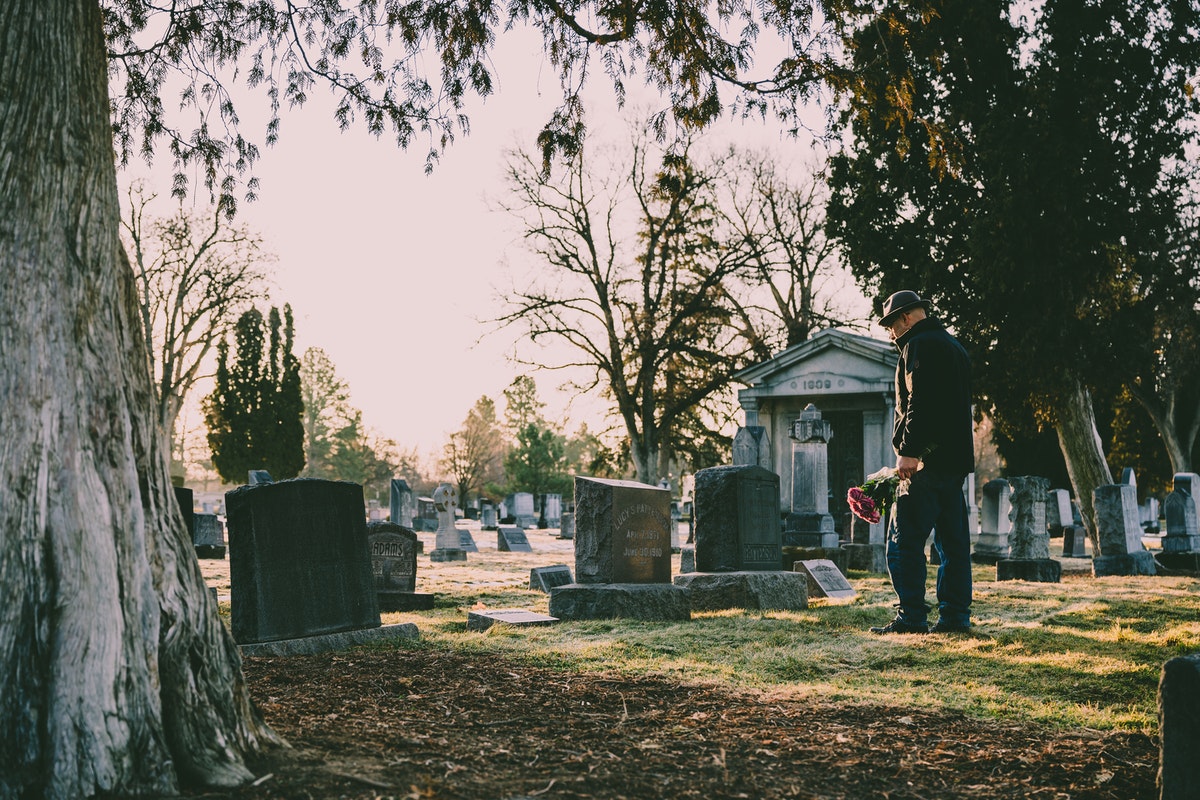Orlando Counselor Shares Thoughts

Grief can be the hardest emotion to navigate without the right help.
Orlando counselors and therapists become experts on emotions. The true heart of what counselors do is they learn about and navigate all kinds of emotions. Counselors know emotions, not paperwork, not guidelines, not formulas for how to document the perfect treatment plan. Orlando counselors know about and become therapy experts on sadness, defeat, anger, joy, triumph, gratitude, shame, guilt, and grief.
Counselors definitely know a lot about grief.
Counselor’s and therapist’s hear stories of loss quite often. They hear stories of loved ones that have died tragically or suddenly, or who have had many months or years of suffering. They hear stories of loved ones who have died by accident or by their own doing. They also hear about the passing of pets that were family; A loss often minimized and difficult to talk about. No matter what the circumstances that make up the story of loss, it is always a segue to the complicated feelings of grief.
How do you cope with grief? How do you go about your normal day after losing your best friend, partner, or beloved animal? How do you get over anger after death or sadness after watching someone die? How do you alleviate a feeling that carries such volume, such weight, such emotion?
Can anything make the weight of that feeling feel better with words, an embrace, comfort food or isolation? Trying to find healthy ways to heal can be one of the hardest things when the pain is so unbearable.
Grief carries a heavy emotional load. The weight of it lingers in the air and can not be defined in simple terms. What is it? What does it feel like? Why does it feel so much heavier than just being sad?
GRIEF
As defined by WIkipedia is a multifaceted response to loss, particularly to the loss of someone or something that has died to which a bond or affection was formed.
Grief is indeed “multi-faceted.” No one size fits all, no one look, one side, or one definition that can be applied to all people when it happens. There is no specific feeling or length of time that can be applied to all people. It is unique in its shape, its look, its size, and its volume. The volume of it is different for everyone and it is often what people have a hard time coping with. It feels much different than sadness. It feels much different than being “down.” It comes and it goes, ebbs and flows…and it can hit like a wave at the most unexpected times.
The grief from losing some"thing" seems to be a little easier to manage. Have you ever felt a wave of emotion hit you suddenly in the pit of your stomach during an unexpected moment, maybe when you came across a memory of a time when you were a different version of you, living a different type of life than you do now and that you really enjoyed? That’s grief. It’s not to imply that you haven’t accepted being in the moment of your life as it is right now. All it is saying is you remember. You remember a different time….and maybe you miss it. Maybe, just for a moment, you feel a little sad. In that moment, you are grieving.
This type of loss, the loss of “something,” is a feeling we become fairly well prepared for. The passing of time teaches us that all things change, move quickly, and that we must adapt to that change in order to be ok on each given day or moment. Lingering too long in the past would prevent you from embracing the current moment and time. You build happy lives, you make new memories, and you keep going forward.
Grief from losing someone can be debilitating.
Losing some"one” to death is the type of grief we just can never prepare for. Oftentimes this loss can be unexpected and sudden or it can be anticipated from illness. It can also be just as significant when it involves an animal or pet. The emotions of grief do not discriminate and can be felt the same regardless of who or what was lost. Receiving grief therapy in Orlando can help with this loss and enable you to process anger, denial, sadness or questions that still linger.
The five stages of grief are often not understood or minimized due to the need to "return to normal" as quickly as possible. Working with a skilled Orlando grief therapist can help you heal from the loss and move forward with healthier emotions. Contact Orlando Thrive Therapy today for more information and to schedule your appointment today.
